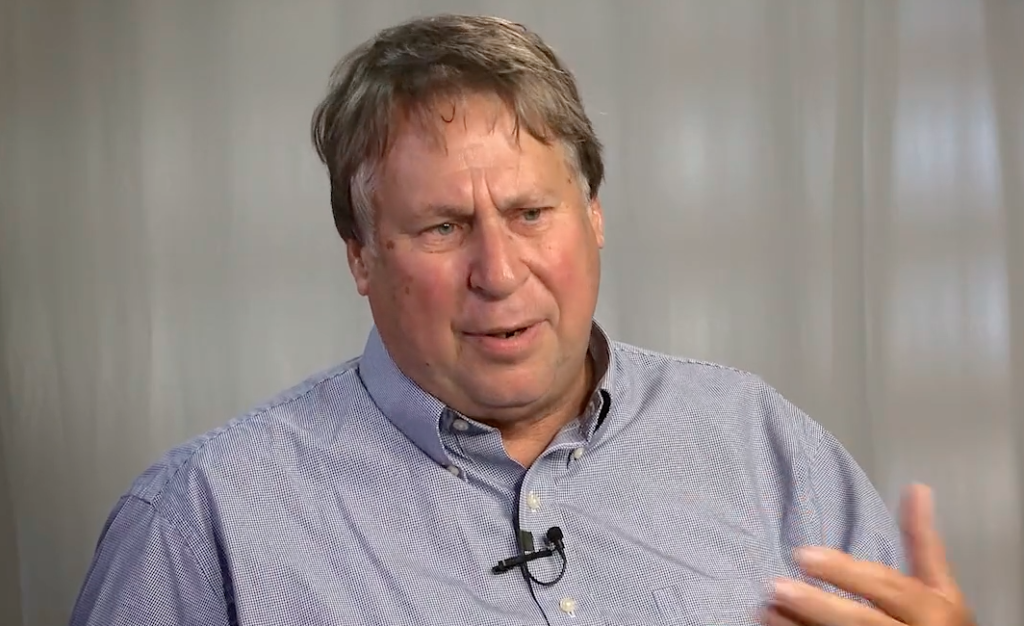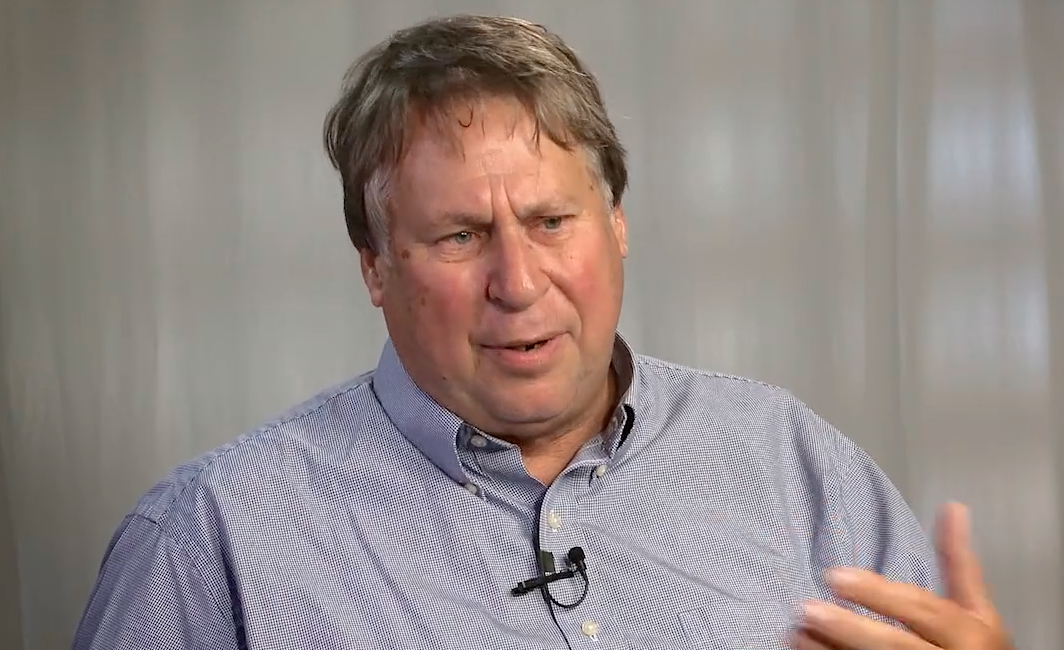
By Nancy McCann
Ray Arsenault left a tenure-track position at the University of Minnesota in 1980 to come to St. Petersburg and teach at a tiny school that townspeople called “USF Bayboro.”
“When I came to the campus, I was 32 and the average student age was about the same,” he said last week. The school served a lot of part-time students following a non-traditional path.
As the years passed, Arsenault became one of America’s preeminent Southern historians, and the tiny campus grew into a small, thriving university that won separate accreditation in 2006.
Last year marked the publication of Arsenault’s third book on civil rights in America, a meaty biography of Arthur Ashe, a pioneering black tennis star who became a civil rights activist and public intellectual.
Arsenault’s books, PBS documentaries and teaching awards make him “arguably the most accomplished author, not (just) at USF St. Petersburg, but in the USF system,” his longtime colleague, professor emeritus Gary Mormino, told the St. Petersburg Campus Board last week.
In the last 18 months, Arsenault has also become something else – USF St. Petersburg’s most outspoken champion, the conscience of the campus in turbulent times.
When Regional Chancellor Sophia Wisniewska was ousted by USF system President Judy Genshaft in September 2017, Arsenault called it “more like an execution than a resignation.”
He said Genshaft’s move was a “gross over-reaction” to Wisniewska’s handling of campus preparations for Hurricane Irma – an ouster that trampled on due process, ignored senior faculty and threw the campus into turmoil.
Now, Arsenault is speaking out again – this time on the pending consolidation of the USF system, which he fears might jeopardize the accomplishments and reputation of the St. Petersburg campus and ultimately drive away some faculty members.
In remarks to the Campus Board, Arsenault warned that if St. Petersburg becomes an “instructional site” and not a branch campus, the results “would be catastrophic for us.”
“There’s a deep sense of crisis among the members of the faculty,” said Arsenault, who is president of the Faculty Senate. “There’s a lot of anxiety and frustration and even anger about the way the consolidation process has gone so far.”
Later, in an interview with The Crow’s Nest, Arsenault decried the priorities of Genshaft and her Tampa-centric administration.
“All they can see is metrics,” he said. “Their bottom line is (maintaining USF’s) preeminence” in the state university system by meeting key metrics in student admissions and retention rates, research spending, size of endowment, and other academic yardsticks.
“It almost reminds me of Trump’s wall,” Arsenault said. “The preeminence thing has become the wall that seems to block out everything else – what’s happening in the classroom, the relationships with the community. We should be educators first, not make ourselves subservient to some process that makes us jump through these hoops.”
The fixation on preeminence makes it harder for the campus to serve non-traditional and minority students and let students change majors as they experiment and grow, he said.
“A formulaic march to graduation is intellectually destructive.”
Since September 2017, the St. Petersburg campus has been roiled by one crisis after another – the ouster of Wisniewska, the Legislature’s surprise decision to abolish St. Petersburg’s independent accreditation, and now the rushed planning for consolidation.
Why aren’t more professors speaking up?
Faculty members are talking, if only “in the halls and among themselves,” Arsenault said. “Maybe there’s a certain amount of despair. I’m sure there’s an element of fear. Non-tenured people are not going to speak out.”
And when professors do speak out, he said, “we are not sure anyone is hearing us.”
“There has been a certain level of betrayal,” said Arsenault. “We were assured that (preeminence) would improve our situation in St. Petersburg. It almost reminds me of the protective reaction strikes during the Vietnam War. We destroyed villages to save them.”
Arsenault speaks out
“We (have) built a wonderful, local academic culture that I think is far superior to the one in Tampa. I don’t think President (Judy) Genshaft understands that.”
“You could argue (that) by many standards we are the best part of the university: Balancing excellent teaching with valuable research. I don’t think the central administration recognizes that. They can’t see beyond preeminence.”
“We need to defend traditions of what a university is. We, not the legislators, are the keepers of the flame.”
“As faculty of universities, we should be truth-tellers, not taking orders from the Legislature. We are the educators; they should be more deferential to our expertise.”
“Our campus has a special spirit. It’s really a model. We should not be denigrated or humiliated or forced to change its character.”




Excellent thinking and expression of concern that a campus focused on areas of study and research and woven into the St Petersburg community be subsumed into the larger Tampa system, losing important, distinctive academic, research, and cultural assets.